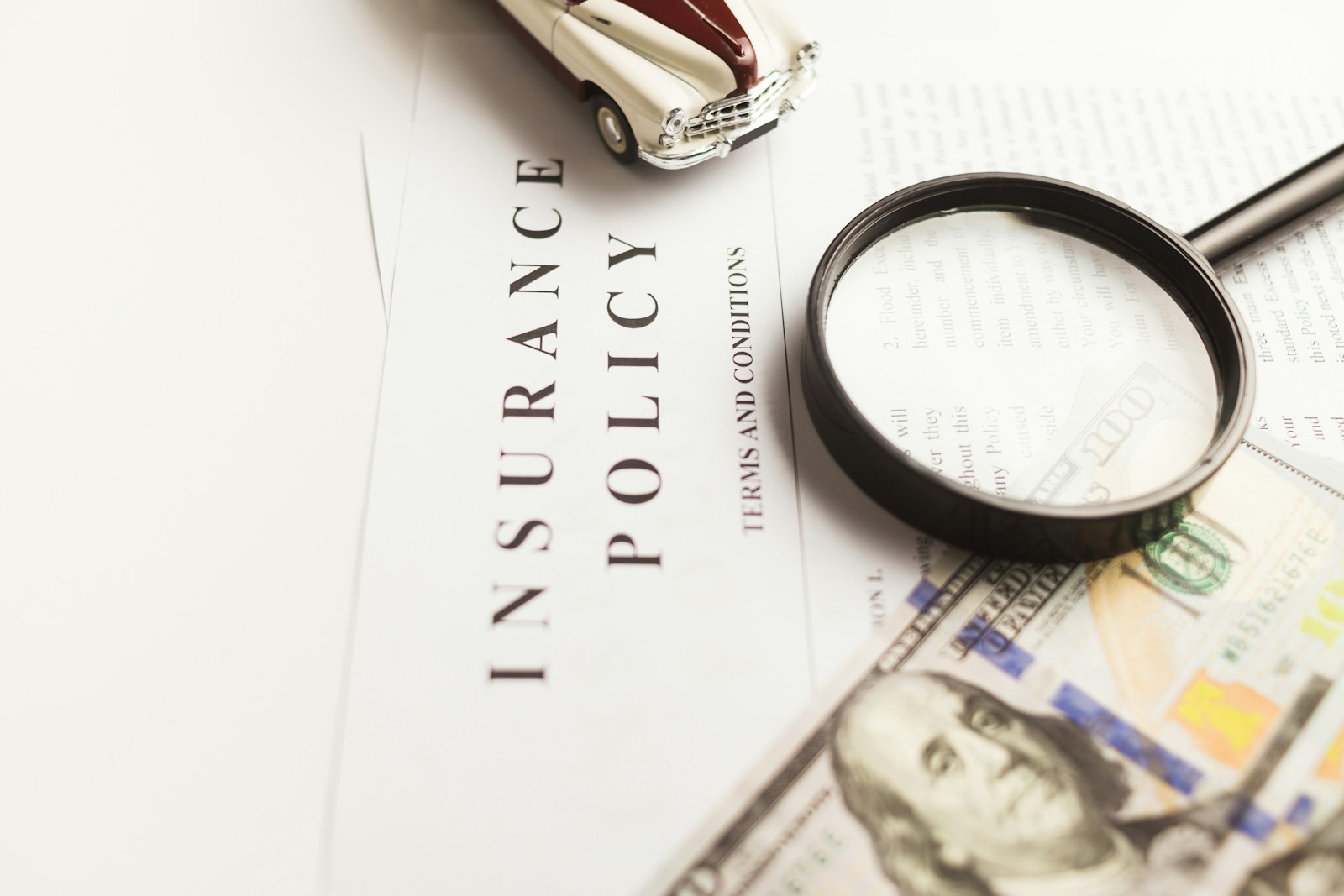Auto Insurance in Costa Mesa CA
 Accidents happen, and when they do, navigating the decision to file an auto insurance claim can be tricky. It’s essential to understand when it’s best to involve your insurer and when it might be wiser to handle things privately.
Accidents happen, and when they do, navigating the decision to file an auto insurance claim can be tricky. It’s essential to understand when it’s best to involve your insurer and when it might be wiser to handle things privately.
When Should I File a Claim?
Consider filing an auto insurance claim in the following types of situations:
- Involving others—If your accident involves another vehicle, passengers or pedestrians, you should typically file a claim. Even minor damage can lead to costly medical bills or legal issues.
- Unclear fault—When fault is unclear, you should consider filing a claim. Your insurer can investigate and determine liability. Protect yourself from potential lawsuits by involving them.
- Significant damage—If your car sustains significant damage or is a total loss, you should consider filing a claim. Repair costs can quickly exceed your deductible, making insurance coverage crucial.
When Should I Avoid Filing an Auto Insurance Claim?
The following are some situations when you may want to avoid filing an auto insurance claim:
- Minor self-accidents—If you accidentally cause minor damage to your own car (like a small dent or scratch) and have no collision coverage, there’s no need to contact your insurer. Similarly, if the repair costs are less than your collision deductible, it’s often better to handle it privately.
- No injuries or significant damage—When there are no injuries or significant damage involved, consider skipping the claim. Filing for a small dent or scratch that costs less than your deductible might lead to a higher premium or loss of your no-claims bonus.
- Policyholder’s negligence—When the accident results from your own negligence (e.g., backing into a pole), evaluate whether it’s worth filing a claim. Sometimes, it’s better to cover minor repairs out of pocket.
What Do State Auto Insurance Minimums Mean?
State auto insurance minimums refer to the legally mandated minimum amount of insurance coverage that drivers must carry in a specific state. These requirements differ from state to state and typically include liability coverage for bodily injury and property damage. Complying with these minimums can help ensure that drivers can cover the costs of damage or injuries they may cause in an accident, thus safeguarding other drivers and pedestrians.
How to Add a New Driver to Your Policy
To add a new driver to your auto insurance policy, reach out to your insurance provider via their website, mobile app or customer service line. You’ll need to supply details about the new driver, including their full name, date of birth, driver’s license number, and driving history. After you provide this information, your insurance company will then update your policy and premium as needed. It’s important to add any regular drivers of your vehicle to ensure they are covered in case of an accident.
Factors that Impact Your Rates
The following factors can influence your auto insurance rates:
- Driving record
- Age
- Location
- Vehicle type
- Coverage selections
- Annual mileage
- Claims history
How to Review Your Auto Insurance Policy
Contact Trilogy Insurance Brokers, Inc. today to review your auto insurance policy. We can help make recommendations for how to handle auto-related incidents.
